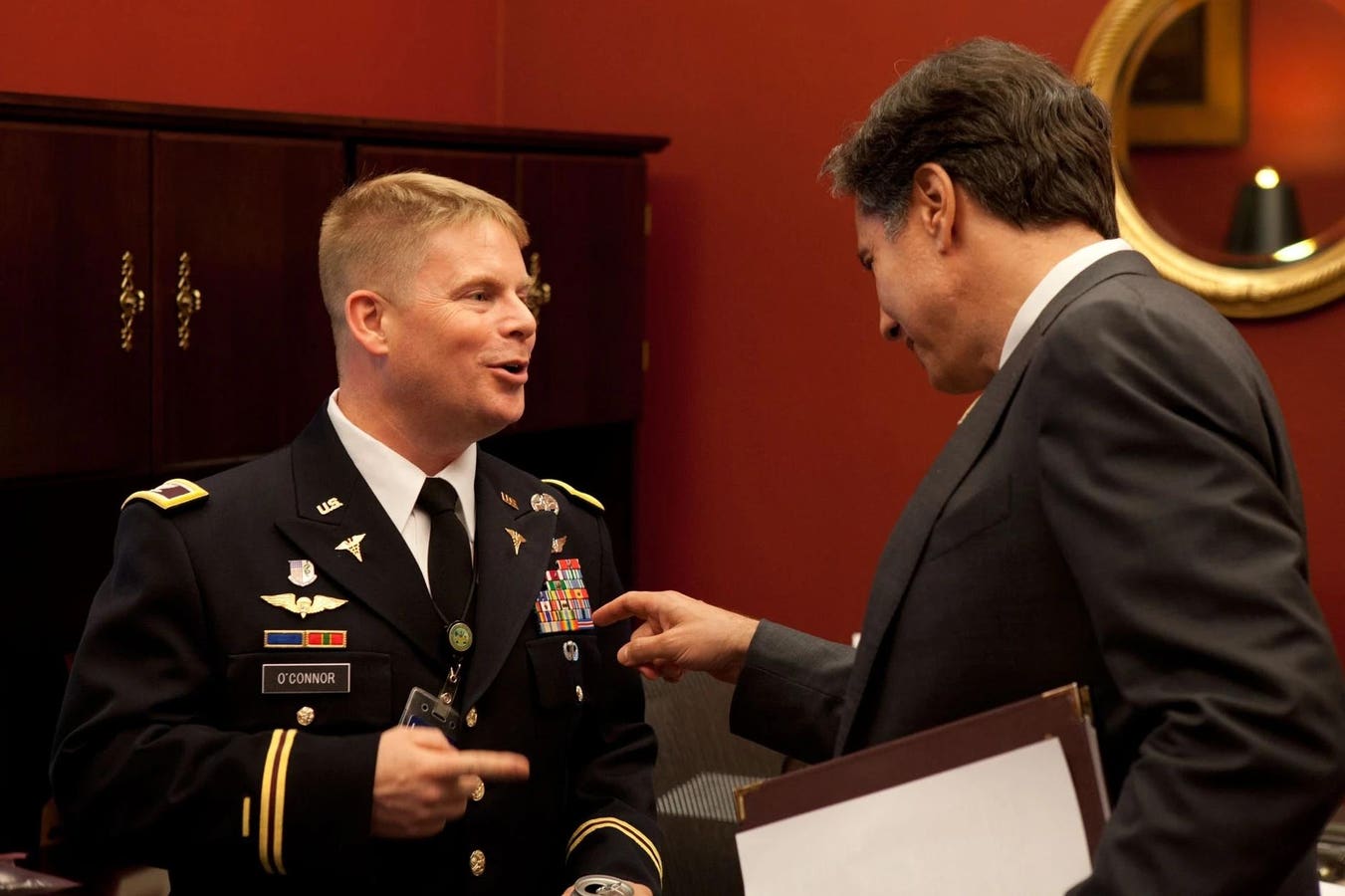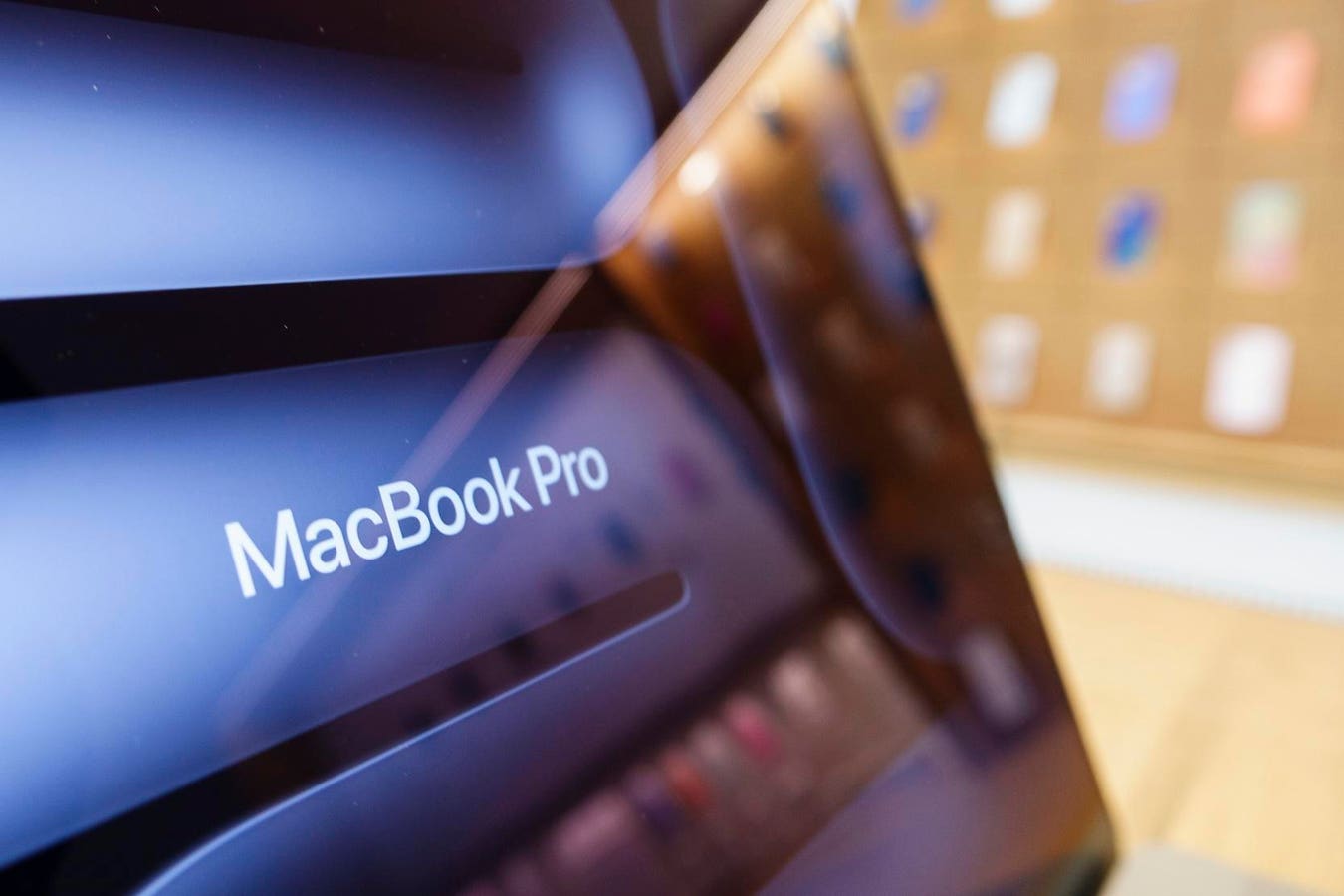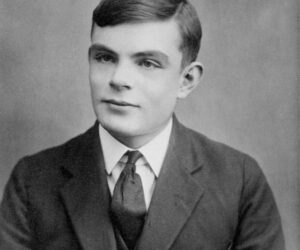COL Kevin O’Connnor, MC, USA speaking with Anthony Blinken, circa 2010.
Yesterday, Dr. Kevin O’Connor, who served as Physician to the President throughout Joe Biden’s term, was deposed by staff of the House Oversight Committee in conjunction with a probe to determine if senior Biden officials covered up concerns about the President’s physical and mental fitness. Committee Chair James Comer (R-KY) subpoenaed O’Connor to appear at a deposition after he declined to voluntarily participate in a transcribed interview.
Setting politics aside, attempting to force any White House Physician to violate patient confidentiality could undermine the trust future presidents place in the doctors charged with their care.
The Stakes Are High
Calling the scope of the Committee’s probe “unprecedented,” O’Connor’s lawyers initially sought to delay the hearing. “We are unaware of any prior occasion on which a Congressional Committee has subpoenaed a physician to testify about the treatment of an individual patient,” they wrote. “And the notion that a Congressional Committee would do so without any regard whatsoever for the confidentiality of the physician-patient relationship is alarming.”
Swiftly rejecting these concerns, Chairman Comer insisted that the deposition proceed. On July 8, the day before it was scheduled, Fox News reported that Dr. O’Connor had received written notice that President Trump waived executive privilege for his work as Physician to the President. “In light of the unique and extraordinary nature of the matters under investigation, President Trump has determined that an assertion of executive privilege is not in the national interest, and therefore is not justified, with respect to particular subjects within the purview of the House Oversight Committee.” The White House explained, “These subjects include your assessment of former President Biden’s fitness for the office of the president and your financial relationship with the Biden family.”
What Happened At The Deposition
On July 9, O’Connor appeared for the deposition but declined to answer any Committee questions. His attorney, David Schertler, explained why in a statement to the press. It read, in part:
“On the advice of his legal counsel, Dr. O’Connor refused to answer questions that invaded the well-established legal privilege that protects confidential matters between physicians and their patients. His assertion of his right under the Fifth Amendment to decline to answer questions, also on the advice of his lawyers, was made necessary by the unique circumstances of this deposition,” the statement said.
Shortly before Dr. O’Connor’s deposition, Rep. Comer gave insight into the “unique circumstances” Mr. Schertler was referring to. “I don’t believe that he can hide behind doctor-patient confidentiality, because this is the president of the United States, and people expect the White House physician to be truthful and transparent about the president of the United States’ health.” Given the Committee Chair’s dismissal of doctor-patient confidentiality, Schertler probably concluded that his client risked prosecution if he relied on that principle alone.
Emerging from the deposition, Comer was indignant. In a statement to reporters, he declared, “It’s clear there was a conspiracy to cover up President Biden’s cognitive decline after Dr. Kevin O’Connor, Biden’s physician and family business associate, refused to answer any questions and chose to hide behind the Fifth Amendment. The American people demand transparency, but Dr. O’Connor would rather conceal the truth,” Comer said in a statement. “Dr. O’Connor took the Fifth when asked if he was told to lie about President Biden’s health and whether he was fit to be President of the United States. Congress must assess legislative solutions to prevent such a coverup from happening again. We will continue to interview more Biden White House aides to get the answers Americans deserve.”
Later that day, The New York Times reported that, in a statement to the committee, O’Connor’s lawyer reminded them of Trump’s past invocations of the Fifth Amendment. He also noted that the Supreme Court has stated that a basic function of the Fifth Amendment is to protect “innocent people who might otherwise be ensnared in ambiguous circumstances.”
Who is Dr. Kevin O’Connor?
Dr. Kevin O’Connor, deployed as an Army physician in support of U.S. Army Special Operations, circa … More
A combat-deployed veteran with 22 years of active duty in the U.S. Army medical corps (much of it in special operations), Dr. O’Connor served, at various points, as a Master Flight Surgeon, Hyperbaric Medical Officer, Command Surgeon for a small elite unit within U.S. Army Special Command, Joint Strike Force Surgeon and Battalion Surgeon for the 75th Ranger Regiment. In addition to deploying with Special Operations units on numerous classified combat missions, he was an active contributor to the development of Tactical Combat Casualty Care (TC3) and helped devise several battlefield medicine innovations.
In 2006, the Army assigned him to the White House Medical Unit, where he filled several roles. In 2009, he was tapped to serve as physician to the Vice President, a role he held for eight years. At the end of the Obama administration, he retired from the Army and joined the faculty of the George Washington University School of Medicine. There, he founded the GWU Center for Executive Medicine and was highly regarded as a clinician and medical educator. In 2021, he returned to the White House as Physician to the President, a position he held until January 2025.
The Duties Of A White House Physician
The website of the U.S. Military Health System describes the role this way: “White House physicians protect the health of the President of the United States. In collaboration with the White House Medical Unit, White House physicians also provide health care to members of the president’s immediate family, the vice president, the vice president’s family, and White House staff.” It says nothing about disclosing information shared in confidence by the president, the vice president, members of their immediate families or the White House staff.
The Hippocratic Oath
At my medical school commencement, I joined my classmates in reciting the Hippocratic Oath, an ancient vow to uphold the professional obligations and proper conduct of doctors. Modern translations of the Oath are still recited at most medical schools. The penultimate passage, translated into modern English, follows:
“Whatever I see or hear in the lives of my patients, whether in connection with my professional practice or not, which ought not to be spoken of outside, I will keep secret, as considering all such things to be private.“
The Oath’s closing statement follows:
“So long as I maintain this Oath faithfully and without corruption, may it be granted to me to partake of life fully and the practice of my art, gaining the respect of all men for all time. However, should I transgress this Oath and violate it, may the opposite be my fate.”
The Bottom Line
The effectiveness of every White House physician is defined by their judgment, skill and the faith and confidence placed in them by the President of the United States. If Dr. O’Connor or any future Physician to the President is compelled to violate their patient’s medical confidentiality, future presidents might choose not to share vital health information with their doctor or be reluctant to disclose worrisome symptoms at a critical moment. Either consequence could be devastating for our country.
I does not surprise me that Dr. O’Connor, a longtime military physician who repeatedly put his life on the line in service to our country, did not hesitate to put his reputation on the line to protect the medical confidentiality of a former president. Moreover, his commitment to the sanctity of the doctor-patient relationship demonstrates respect for a key tenet of the profession of medicine.
WarDocs is a nonprofit, nonpartisan and apolitical organization established to honor the legacy, preserve the oral history, and showcase career opportunities, unique expeditionary experiences, and achievements of Military Medicine.
The views in this commentary are the author’s and do not neccessarily reflect those of any past or current employer.









